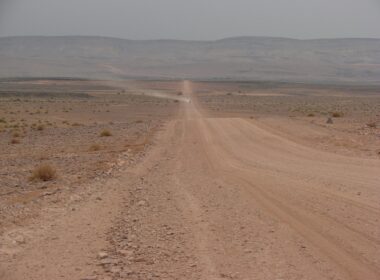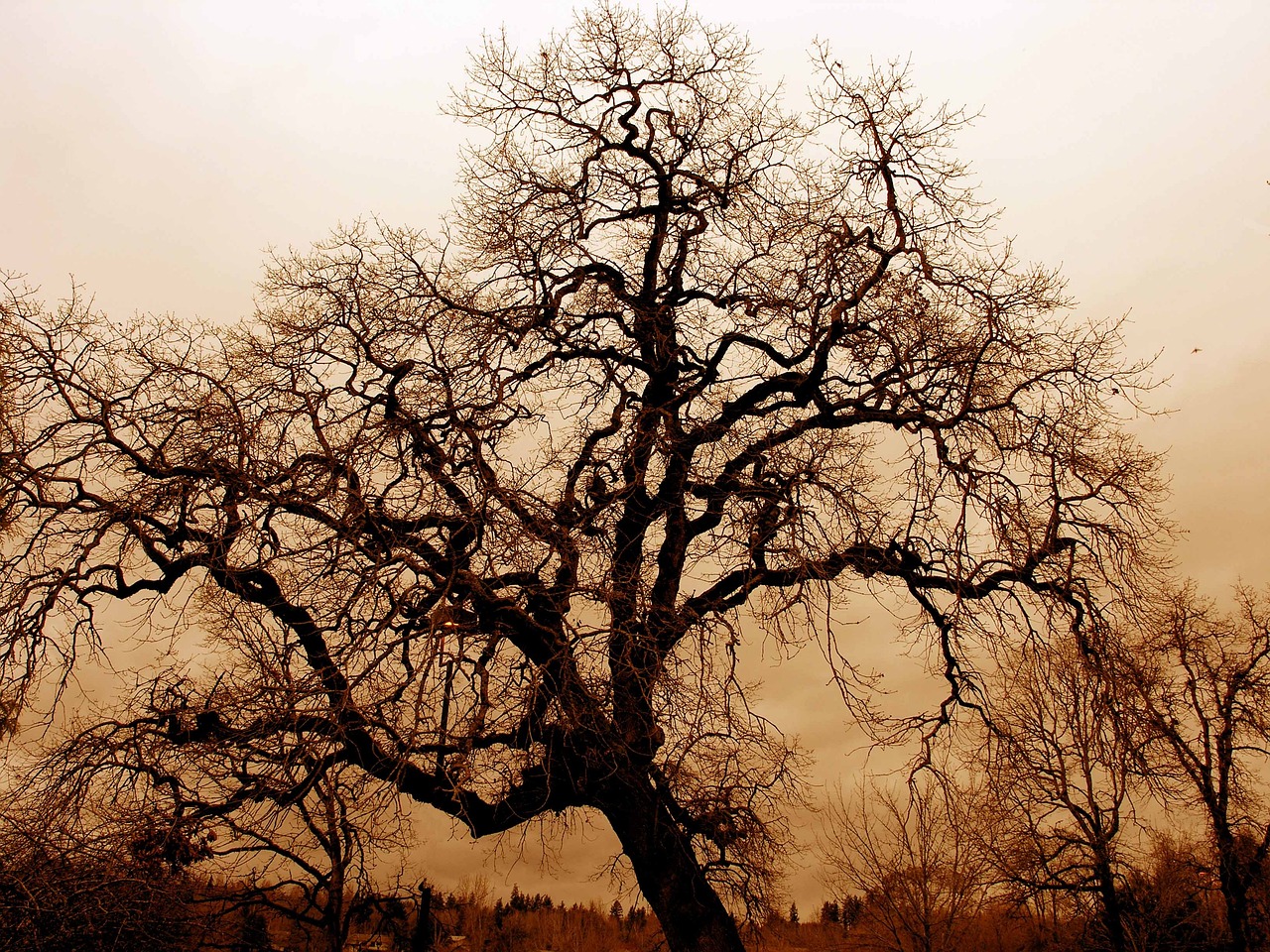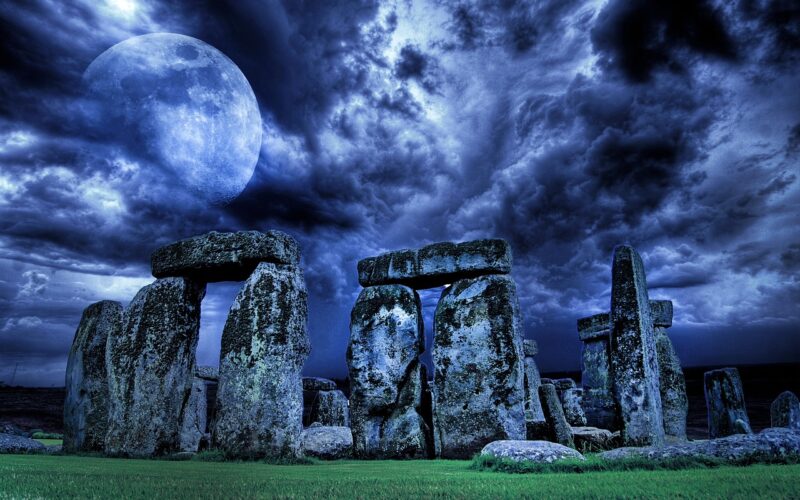One of my many diversions from work is a run on the treadmill, complemented by a podcast. I lean into comedy shows for the most part — something to take the edge off the mental strain of the job. More recently, however, I’ve been soaking in the wisdom of Simon Sinek.
Just last week, Sinek published an episode featuring a conversation between himself and Young Pueblo. Among the various conversation points was this:
“Spirituality” is one of society’s favorite buzzwords, especially in the West. It combines a comforting, if sometimes ill-defined, sense of purpose in the context of the infinite and unknown. Everything is a stepping stone on the individual’s cosmic path: the leg you broke while skiing, the spoiled milk you hauled back from the store, the unexpected kudos you got from a coworker for lending a hand. Positive or negative, it all has a place.
It’s not that we have proof these relatively insignificant events are the universe’s way of moving us in the right direction, but it’s comforting to think so.
If we start here, then we can be tempted to see all of our experiences as a positive — even if they cause us pain or detract from our quality of life. They are rooted in purpose. Ergo, they are good.
So, when the worst hits, we grit our teeth and bear it. We tell ourselves, “This is what was destined for me; I accept it.” We mute our negative emotions and squelch our yawps of pain because, as they say, mind (and spirituality) over matter. The mind says these negative things are purposeful. Good. Meant for us.
Sinek countered: This is gaslighting. Feel what you feel, without needing to ascribe some cosmic purpose to its presence. And lean into the science we know. For years, psychologists have affirmed that one effective path to healing after trauma is to face the source of pain. Accept it for what it is. Understand the root, the reaction, and the effect.
There’s importance nuance to unpack here. While some use spirituality to distort, its positive power lies in the ability to embrace the uncertainty of the moment while we dig for answers that may or may not come. Science, meanwhile, can guide our investigation as far as science is able. Scientist Richard Dawkins frames this well: “Science doesn’t have all the answers, but it is good at spotting the important questions.” And sometimes, the momentary answer to the question is “I don’t know.”
Put another way, the best form of spirituality is an embrace of science’s known and our life’s unknowns. It does not ascribe arbitrary meaning to experiences simply to assuage our fear in the face of the unknown.
The question is, how do we manage that balance?
For Dawkins, the answer lies in rationality. The way I read this: Even things we don’t yet understand have a rational explanation. And if we stare quizzically down an unknown, revisiting the miraculous, rational complexity of nature helps reassure us that even unknowns have their place and purpose.
German writer Herman Hesse encapsulates this rather poetically, eyeing a tree as the brilliant exemplar of nature’s complexity:
Nothing is holier, nothing is more exemplary than a beautiful, strong tree. When a tree is cut down and reveals its naked death-wound to the sun, one can read its whole history in the luminous, inscribed disk of its trunk: in the rings of its years, its scars, all the struggle, all the suffering, all the sickness, all the happiness and prosperity stand truly written, the narrow years and the luxurious years, the attacks withstood, the storms endured. And every young farmboy knows that the hardest and noblest wood has the narrowest rings, that high on the mountains and in continuing danger the most indestructible, the strongest, the ideal trees grow.
For others who are more invested in the inexplicable sublime, there is still a thoughtful approach to spirituality that does not seek only to make us feel better. Said Ralph Waldo Emerson of Christian spirituality: “Make your own Bible. Select and collect all the words and sentences that in all your readings have been to you like the blast of a trumpet.” In other words, find those things that spark joy, goodness, and compassion — loudly.
The key to the Emersonian approach to spirituality is that it must be rooted in honesty and it must be focused on ourselves as part of the “greater than.” This throws a wrench in the spiritual works that Sinek introduced on his podcast. Can we gainsay those who tell themselves a specific experience is the universe’s right-path guidance for them, and it should be embraced with joy? No. Only they know if/when they’re deluding themselves, even if it appears to us that they are.
But perhaps more transparently, this spirituality is selfish. It is a drug meant to help us soothe the pain or angst we experience throughout our lives. It has no purpose beyond that — no vision beyond the moment of need, no “greater than” beyond our own doorstep.
As I dissected Sinek’s story and criticism, it occurred to me that spirituality is used so casually in Western culture as to be almost meaningless; it is whatever we want it to be. But I submit true spirituality is a discernment of what makes us better, and that better serves the greater good.
That broken leg? It may not be a divinely-inspired inflection point in your path toward salvation, but it can open doors to self-examination, healing, and observation that make you a more understanding person. With this personal development, you will almost certainly spread good will to those around you, resulting in a greater “greater good.”










